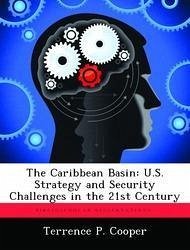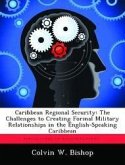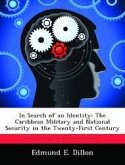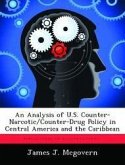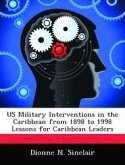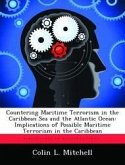At first glance the Caribbean Basin seems to be a fairly peaceful, even benign, region when compared to regions in Africa, the Middle East or Europe. Closer analysis however, reveals a complex, and dynamic grouping of nationalities, cultures, and languages and a myriad of issues and challenges (economic, social and political) that can have an effect on the security landscape of the United States. Contrary to the characterization of benign unimportance, the Caribbean Basin has the distinction of being the region that has experienced the greatest number of U.S. military interventions: 37 since 1901. Much of U.S. foreign policy decisions relating to the Caribbean is crisis oriented. However, there are significant transnational threats that the U.S. must pay attention to, if it is to avoid another Haiti or Cuba. Chapter 1 is an introduction. Chapter 2 is a geopolitical overview and discussion of the region's value to the United States. Chapter 3 is a historical perspective on U.S. policy and interventions in the region since the Cold War. Chapter 4 discusses three of the challenges to U.S. security emanating from the region and postulates strategies for their resolution. Chapter 5 is a summary of findings and the conclusion. Sadly, my research results indicates that current administration policy, as other administration policies of the past, still lack the vision, strategic thinking and long range planning that will maximize the opportunities for true stability in the region or effectively resolve the challenges that may affect U.S.-Caribbean relations.
Hinweis: Dieser Artikel kann nur an eine deutsche Lieferadresse ausgeliefert werden.
Hinweis: Dieser Artikel kann nur an eine deutsche Lieferadresse ausgeliefert werden.

